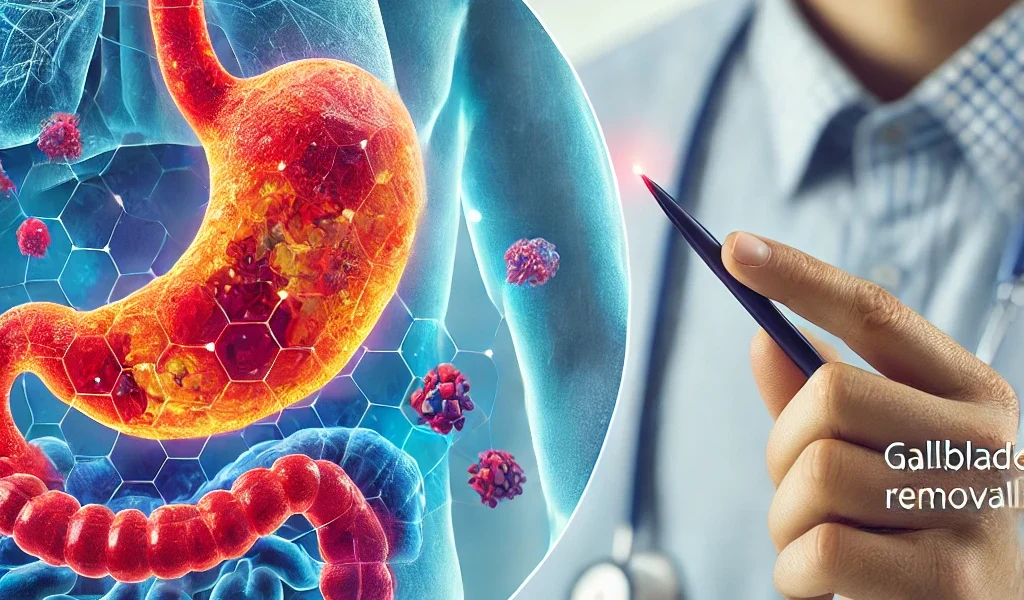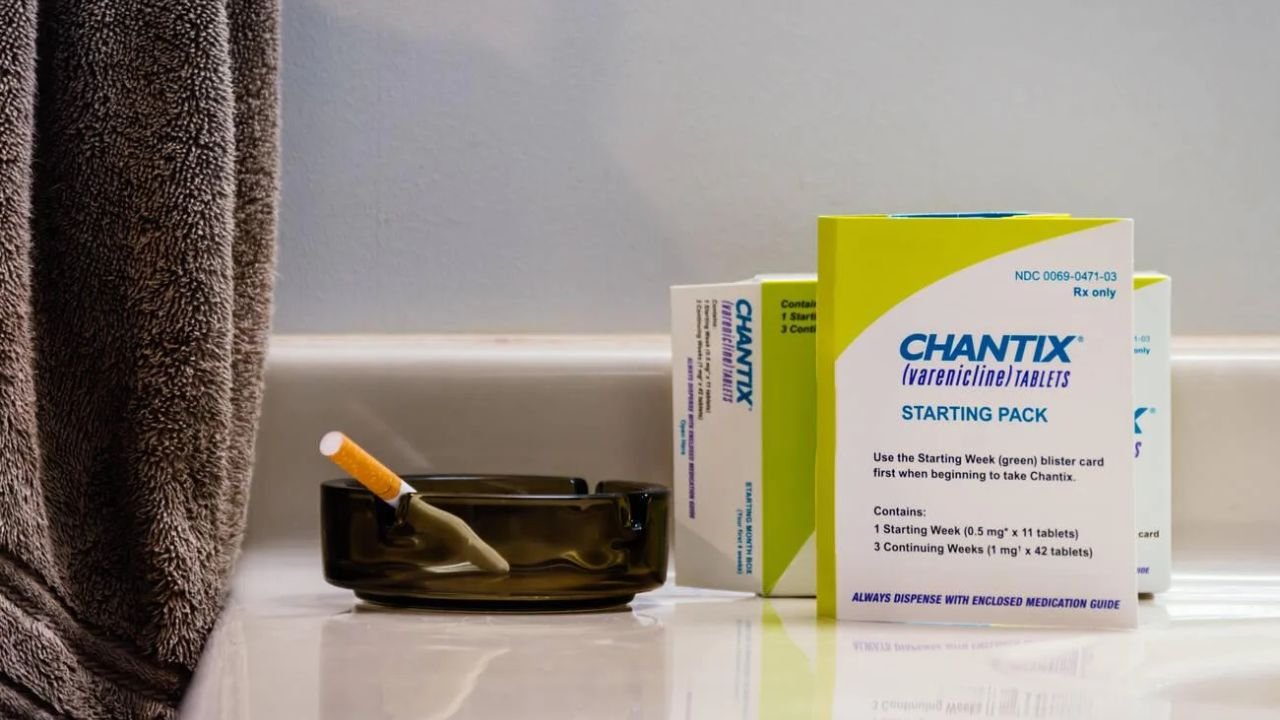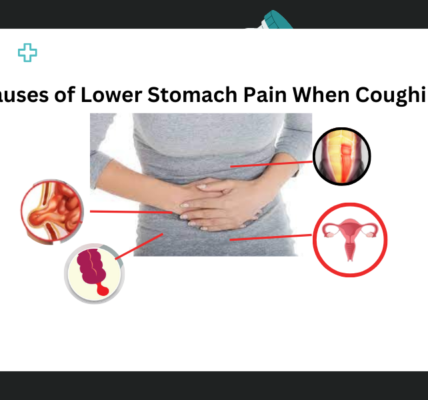One of the commonly known procedures called gallbladder surgery, technically called cholecystectomy is used for its removal because the common issues would include gallstones and inflammation; nevertheless, various patients report certain other unexpected change occurring in the body post such procedure like bloat or overweight. So if you ask for reasons for asking the question as “Why is my stomach bigger after gallbladder surgery?” let us read together some possible cause with its available management plan to take care.
An understanding of post-surgical alterations in the stomach
Changes occur to the digestive tract just after the gallbladder surgery that can change the size and appearance of the stomach. Several factors contribute to this:
1. Gas and Bloating
Bloating, associated with trapped gases, is one of the major reasons that your stomach may appear bigger than normal. In laparoscopic gallbladder surgery, carbon dioxide is used to inflate the abdomen for improved viewing; some of this gas may stay trapped after surgery, thus causing some temporary bloating.
2. Fluid Retention
The surgical procedures tend to cause the body to retain fluids, especially in the abdominal region. Since surgery involves increased inflammation and water retention, the stomach will appear bloated.
3. Digestive Adjustments
The gallbladder’s function is very important in breaking down fats because of its storage and then subsequent release of bile. When the gallbladder is absent, the liver simply flows bile into the small intestine and digestion changes. Several people have bloating and discomfort as the body adjusts to this new process.
4. Dietary Changes
After surgery doctors recommend a low fat diet to help the digestive system adjust. However some individuals may unknowingly consume foods that lead to bloating such as dairy, fried foods and processed snacks.
5. Weight Gain
Some patients notice weight gain after gallbladder surgery due to reduced physical activity and changes in metabolism. Additionally, the body’s adjustment to fat digestion may lead to temporary fat storage.
6. Postoperative Swelling
Surgical trauma will cause localized swelling around the sites of incisions, making the stomach appear to be larger than usual. It usually subsides within a few weeks.
How to Alleviate Postoperative Inflammation of the Abdomen Following Gallbladder Surgery
Should you be having further bloating at the moment post-surgery for gallbladder extraction? Here are a few tips so that you can feel comfortable.
1. Follow a Healthy Diet
- Use a low-fat, high-fiber diet which makes digestion smooth.
- Do not overstuff the stomach and take small frequent meals.
- Avoid carbonated drinks fried foods and dairy products that may cause bloating.
2. keep Hydrated
Water is really good for flushing out fluids and controlling bloating. Furthermore, herbal teas like peppermint or ginger may promote digestion and relieve gas formation.
3. Engage in Light Physical Activity
Gentle movements such as walking reduce bloating as they improve digestion and prevent constipation. Avoid strenuous exercise unless cleared by your doctor.
4. Take Probiotics
Probiotics yield health benefits for the gut they help relieve bloating or discomfort while aiding in digestion. Wonderful natural sources of probiotics include yogurt, kefir, and fermented foods.
5. Manage Stress
Stress can alter the digestive activity and cause bloating. Find a stress free activity such as deep breathing, meditation, or yoga to better one’s living condition.
6. Wear Comfortable Clothing
Tight clothing puts pressure on the abdomen and may worsen bloating. Opt for loose-fitting clothes for comfort during recovery.
When to Contact Your Doctor
While mild swelling and bloating are normal consequences of gallbladder surgery, some symptoms will be considered medical complications. Look for medical assistance if you face.
- Intense, persistent abdominal discomfort.
- Fever or chills.
- Confused vomiting and nausea.
- Jaundice (yellow coloration of skin or eyes).
- Sudden, extreme swelling that doesn’t subside
Late Effects on the Stomach Following Surgical Removal of Gallbladder
If you’re still wondering why your stomach remains bigger even after months of undergoing gallbladder surgery, the answer could lie in long-term digestive changes. Some people go on to develop postcholecystectomy syndrome, which presents with symptoms of bloating, diarrhea, and discomfort. A proper management of diet and lifestyle changes can often reduce these symptoms.
Alternative Solutions to Support Digestive Health after Surgery
Beyond dietetic and lifestyle changes, alternative remedies can be used to help alleviate digestive health issues along with bloating.
| Herbalism | There are herbs that potentially contribute to digestion and help avert the occurrence of bloating, for example, fennel, peppermint, and ginger. Herbal teas or essential oils will do. |
| Acupuncture | Some research indicates that this remedy is helpful in restoring normal digestive function following surgery to help prevent bloating. |
| Digestive Enzymes | Taking digestive enzyme supplements can lead to effective digestion of fats. One might feel less discomfort. |
| Intermittent Fasting | Intermittent fasting helps regulate the gut which also lessens bloat by giving it time to rest between periods of digestion. |
| Yoga and Stretching | Certain yoga postures may stimulate digestion in various ways such as providing twists and gentle stretches to release gas. |
How long does your abdomen pain after gallbladder surgery last?
The bloating may follow gallbladder surgery for a period of several days to several weeks. These periods can be determined by various factors such as the technique applied in surgery (laparoscopic or open) and each patient’s recovery process and after care. Usually, laparoscopic surgery can lead to bloating because the surgery uses gas that remains inside for some time before it resolves itself. Swelling caused by fluid retention and inflammation can last up to two to four weeks. Staying active, drinking water, and a light diet help ease bloating, but any case of persistent swelling or worsening must be brought to the attention of a doctor because it can also be an infection or fluid build-up.
How to eliminate bloating following surgery for the gallbladder
Bloating is typical following gallbladder surgery because of changes in digestion and gas buildup. Eating small, lower-fat meals, avoiding carbonated beverages and warming up on drinking water may ease the discomfort. Gas can be released easily by walking, while probiotics favor digestion. Have peppermint and ginger to ease bloating naturally. Reintroduce fiber gently so it won’t cause constipation. If bloated for some time, consult with your doctor to rule out possible complications.
Conclusion
A bigger stomach post gallbladder surgery is one of the common concerns related to bloating, fluid retention, and the adjustment of digestion. Healthy eating, hydration, light exercise, and stress management can minimize its effects. When symptoms persist or worsen, seek a reevaluation from your doctor.
Once you become aware of the reason for this, you will be better prepared to manage your post-surgery stomach changes. If you have already gone through this surgery and are experiencing these issues, applying these strategies can further increase your comfort and well-being regarding your digestive situation.
Read more Articles about Health and other categories at usauptrend.co.uk
FAQs
1. How long is bloating expected to last after surgery?
Bloating lasts for a couple of weeks, sometimes months, during which the body adjusts to the new surroundings.
2. How long until my stomach is back to normal size?
Yes, it will indeed be very small by that time of adjustment of the body.
3. Will I ever be able to eat like before again after gallbladder removal?
Yes usually, however, most people find that they must alter their diets for some time. It begins gradually with low fat foods and then shifts towards a regular diet, which may help with digestion.
4. Why am I putting on weight after gallbladder surgery?
It can be due to less physical activity, water retention, and a change in fat digestion. A diet plan with regular exercise will also help one maintain weight.
5. When should one seek help regarding bloating after gallbladder surgery?
When bloating is severe and persistent or if it is associated with significant pain, fever or jaundice then see a doctor immediately.




